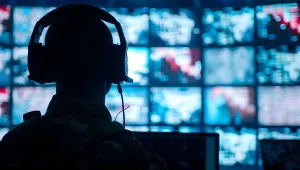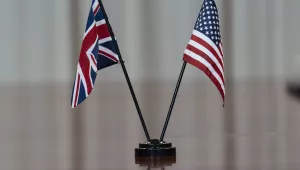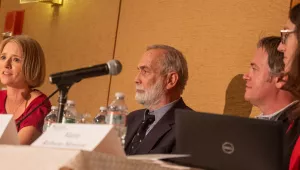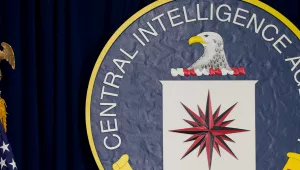
Michael Miner
Senior Research Manager of the Intelligence Project. Lecturer and Research Advisor, Harvard University.
Quick Takes
Quick perspectives on today's pressing topics
-
 Belfer Center
Belfer CenterElection 2024: What Happens Next?
Earlier this year, I published my memoir A Life in the American Century. I concluded  with what I called a ray of “guarded optimism.” How...
Dr. Michael David Miner has taught at Harvard for over a decade including courses on intelligence, strategy, and national security. He is the Senior Research Manager of the Intelligence Project in the Belfer Center for Science & International Affairs at the John F. Kennedy School of Government. His portfolio examines organizational processes and reform in addition to the role of intelligence in policymaking. Michael authors cases used in flagship courses, graduate seminars, and leadership development programs designed for students, fellows, and school visitors. He also teaches and directs graduate theses in government, history, and international relations through the ALM program and chairs undergraduate tutorials at Harvard College. Beyond teaching, Michael advises leaders and organizations on public policy and writes on matters of personal and professional interest. He earned his PhD at King's College London and is a graduate of Dartmouth College in his native New England.
-
Senior Research Manager, Intelligence Project
Lecturer, Harvard University
Programs & Projects
-
Project







